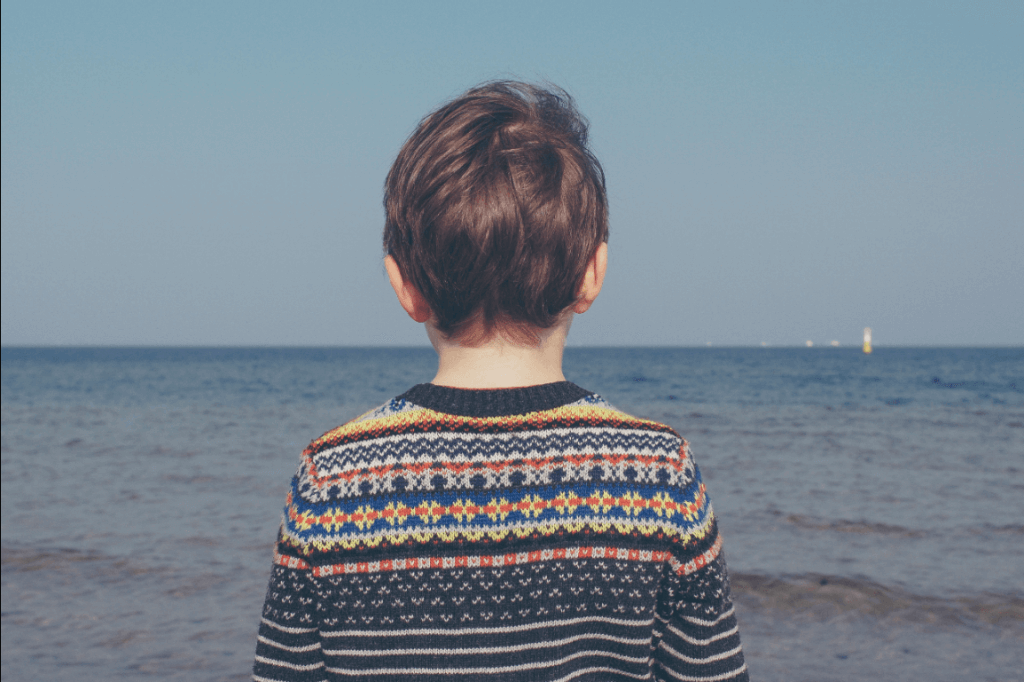Understanding children’s pain: helping in difficult times
When a death occurs in the family or in our circle of close friends, we are all very sad, with the little ones is no different, but we do not always understand how children work, we see that they act differently than what we think is normal, but we do not know what to do.
- Doesn’t grief affect you in the same way as adults?Or do they manifest it differently? What happens is that children understand and face grief in different ways depending on their stage of development.
- Do adults need to understand how children suffer in order to help them in these difficult times?.
“Time is a doctor who heals all pains. “Difficult?
During these first years of life, children are physically and emotionally very dependent on the caregiver, this role is usually played by mothers, when this figure dies that gives them protection and affection, children go through a very difficult time.
Although they do not understand what death is and its consequences, what they perceive is the absence of that person who is their fundamental support in life, so from 6 to 8 months we can already observe the behaviors of babies that indicate the suffering they suffer. are experimenting, because that person is gone and knows or has the intuition that he will no longer see it.
They feel abandoned and unprotected: they look with their eyes or cry heartbrokenly waiting for that person to return, they can also reject new caregivers, sleep disorders, eating problems or tantrums, in children who already know how to speak you see how they ask questions about the deceased, although after a few minutes they seem to have forgotten it.
At this age, it is very important that children feel loved and protected by someone else as soon as possible, this will not prevent them from waiting for the return of the deceased, but it will help them gradually return to normal.
When children are in this age group, they have acquired more skills and understand better than when they were younger, however, they still do not understand that death is irreversible, so it is very common for people to insist on seeing the deceased.
Although they believe their loved one will return, their absence provokes many negative emotions. They feel fear, sadness, anger and even guilt. They feel abandoned and separation anxiety often occurs through psychological distress and behavioral changes.
Inappropriate behaviors, disobedience or tantrums usually occur, you may not be interested in new activities, wetting the bed or nightmares, this is normal and over time usually disappears, if it disappears it is an indication that the child is not going through this phase and needs the help of a psychologist.
“If you take away too much pain, it will double the pain. ” – Molière-
From the age of 6 or 7 children begin to understand what death is and what it means to die, so the way grief is handled is changing slightly, at this age the first thing that usually appears is rejection and denial: this cannot happen!You can’t believe this is true.
In addition to denying the fact, it is also normal for them to feel guilty or blame the deceased, because it is a stage of life when children embody everything, other feelings, such as anger or fear, also appear, fear often manifests itself in a constant need to be with the people you love because they fear that they too will die.
“Didn’t anyone ever tell me that pain was a fear?-C. S. Lewis-
There may also be violent behaviors, rejection of other relatives, assaults, nightmares or lack of concentration, these behaviors should not be overlooked as they often express a desire to accompany the deceased, so be aware of possible suicidal ideas.
It is very important that those who live with the child help him accept the death of that person he loved so much, in this way teachers, friends and family play a key role in these difficult times and can contribute to the mourning unfolding normally. .
Images courtesy of Tim Graf, Michal Parzuchowski and Laith Abuabdu.

